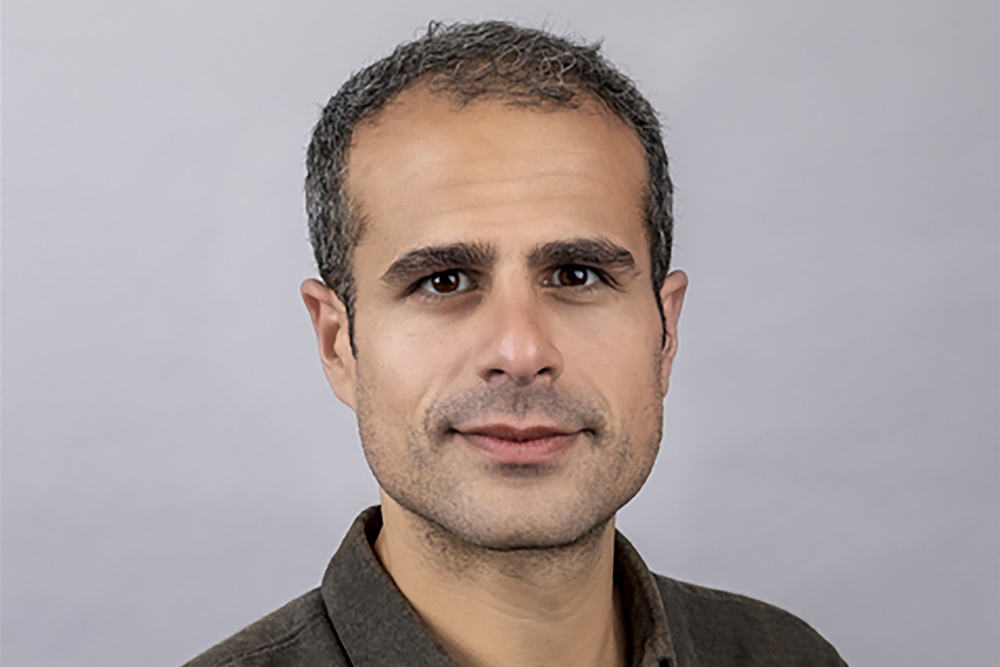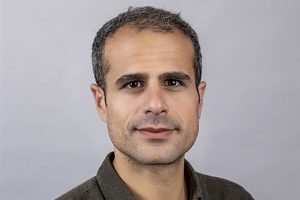Enhancing food subsidies: Leveraging digital platforms for improved nutrition.

Optimizing food subsidies: Applying digital platforms to maximize nutrition | MIT News
World Food Day: A Call to Action for Global Food Security
October 16 marks World Food Day, an international campaign dedicated to celebrating the 80th anniversary of the Food and Agriculture Organization (FAO). This day focuses on promoting a sustainable and food-secure future in response to the dire reality that over 670 million people globally are grappling with hunger. Millions more face rising obesity rates and struggle to access nutritious food.
World Food Day serves as a unifying call to action, urging governments, businesses, academia, media, and youth to contribute to resilient food systems and combat hunger. This year, the Abdul Latif Jameel Water and Food Systems Laboratory (J-WAFS) at MIT is highlighting a researcher committed to this cause: Ali Aouad, an MIT researcher studying food and water systems in the Global South.
J-WAFS and its Role in Food Security
The J-WAFS initiative provides seed grants to support early-stage, inventive research projects. In its latest round of funding, 10 MIT faculty members received grants to advance impactful research in water and food systems.
Ali Aouad, an assistant professor of operations management at the MIT Sloan School of Management, is one of the notable beneficiaries. Aouad expressed his enthusiasm for J-WAFS, stating, “Before joining MIT, I sought opportunities that focused on research in food systems, and J-WAFS stood out.”
During a faculty orientation in August 2024, Aouad engaged with J-WAFS staff, learning more about its grant opportunities. He later attended several seminars on agricultural economics and water resource management, confirming his alignment with J-WAFS’s mission to secure essential food and water systems.
Aouad’s Research Focus: Food Subsidies
Aouad’s seed project centers on optimizing food subsidies. With a background in operations research and digital platforms, he aims to align supply-side operations with diverse customer preferences. His prior research includes retail and matching systems, leading him to believe that demand-driven approaches are vital for social challenges related to food security.
His project, titled Optimal Subsidy Design: Applications to Food Assistance Programs, plans to utilize data from local grocery stores in India to inform food assistance policies and improve subsidy design. Traditional data collection methods, such as point-of-sale systems, are often unavailable in India’s local grocery sector, making data access particularly challenging for low-income individuals. Aouad emphasizes the significance of small local stores as essential operators in nutrition supply.
To gather the necessary data, Aouad’s research team equips local grocery stores with point-of-sale scanners to track purchasing behaviors. “We aim to develop an algorithm that unveils customers’ latent preferences through their transactions,” he explains. This model has the potential to optimize food assistance programs, considering variety and flexibility according to expected demand.
The Complexity of Policy Optimization
Following the data collection and algorithm development, Aouad intends to use an optimization approach to inform food assistance policies. He comments, “Typically, policy decisions rely on domain knowledge, existing systems, or political discussions. Although many researchers compile rigorous evidence to support food policy, my proposed approach introduces a new methodology that hasn’t been widely adopted.”
Long-term health impacts are the primary objective of food assistance programs; however, measuring these effects and shifts in purchasing behavior remains challenging. Aouad indicates that while short-term benefits from food assistance interventions can be significant, their effects often diminish rapidly. He expresses a desire to explore how to sustain nutritional behavior changes over the long run.
Challenges in Implementing Effective Subsidy Mechanisms
While Aouad’s research focuses on developing innovative methodologies for food assistance programs, he acknowledges there are obstacles to large-scale implementation. “The feasibility and cost-effectiveness of policy implementation greatly influence the success of subsidy mechanisms and food assistance programs,” he notes. Cost, infrastructure limitations, and the sustainability of such research programs present unavoidable challenges.
The pilot setup will provide valuable insights into customer preferences and subsidy optimization, but scaling up may incur substantial costs. Aouad envisions gathering proxy information from customers that could both inform his model and lead to more cost-effective data collection strategies for broader applications.
The Path Ahead: Ensuring Global Food Security
As society continues to tackle the pressing issue of food security, advances in agricultural practices, food assistance programs, and strategies for enhancing nutrition must remain in focus. As the 2026 seed grant deadline approaches, J-WAFS is committed to supporting MIT faculty in developing innovative projects that address water and food system challenges effectively.
In an era when food security is paramount, research endeavors like Aouad’s are essential in combating hunger and promoting sustainable practices. World Food Day serves not just as a reminder of the ongoing struggles, but as a clarion call for collective action toward a healthier and more equitable future for all. The complexities of food systems around the globe demand innovative approaches, collaboration, and unwavering commitment to ensure that everyone has access to nutritious food.
Thanks for reading. Please let us know your thoughts and ideas in the comment section down below.
Source link
#Optimizing #food #subsidies #Applying #digital #platforms #maximize #nutrition #MIT #News






